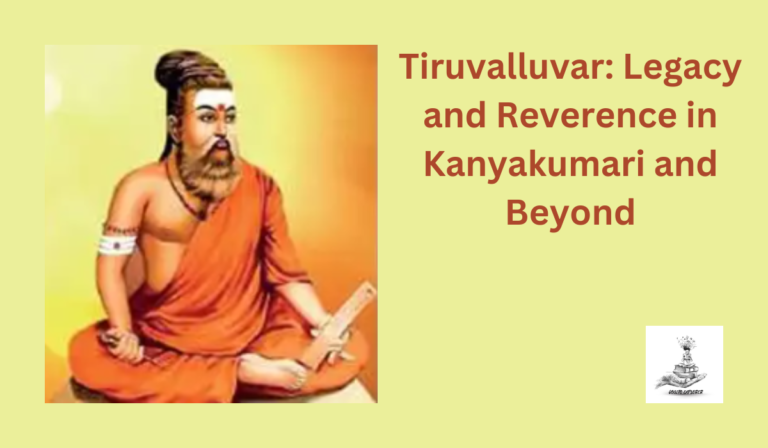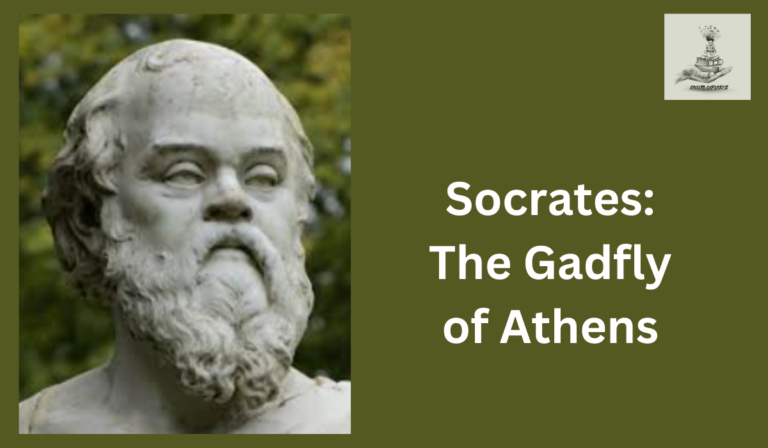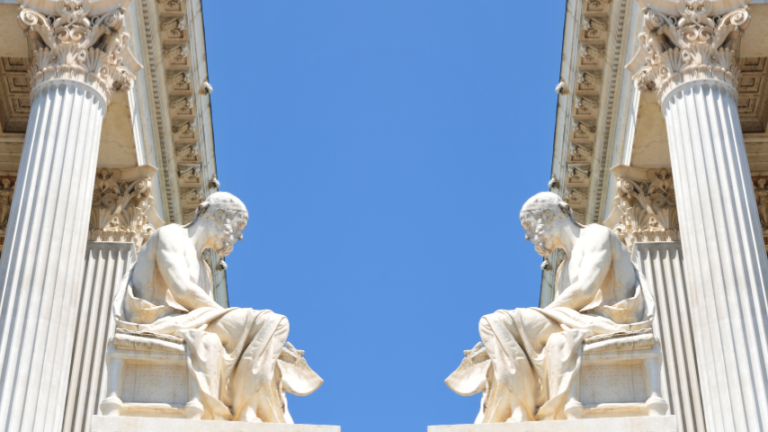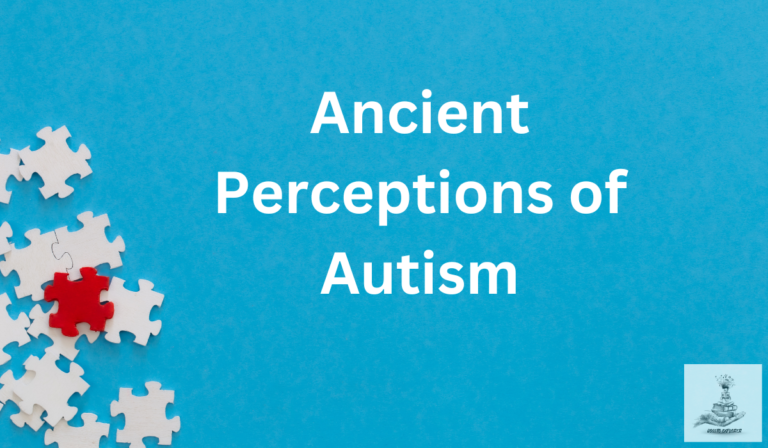Heraclitus: The Philosopher of Change and Unity
Introduction
The pre-Socratic philosopher Heraclitus of Ephesus (a city in Ancient Greece) is known for his profound insights into the essence of life, change, and unity. The details regarding Heraclitus’s early life are sometimes confused in speculation and mystery. Ephesus was a flourishing cultural and commercial center at the period thus he was probably exposed to a wide range of intellectual influences at a young age. He is renowned for his innovative philosophical system that upended traditional thinking regarding permanence making him one of the most important figures in ancient Greek thought.
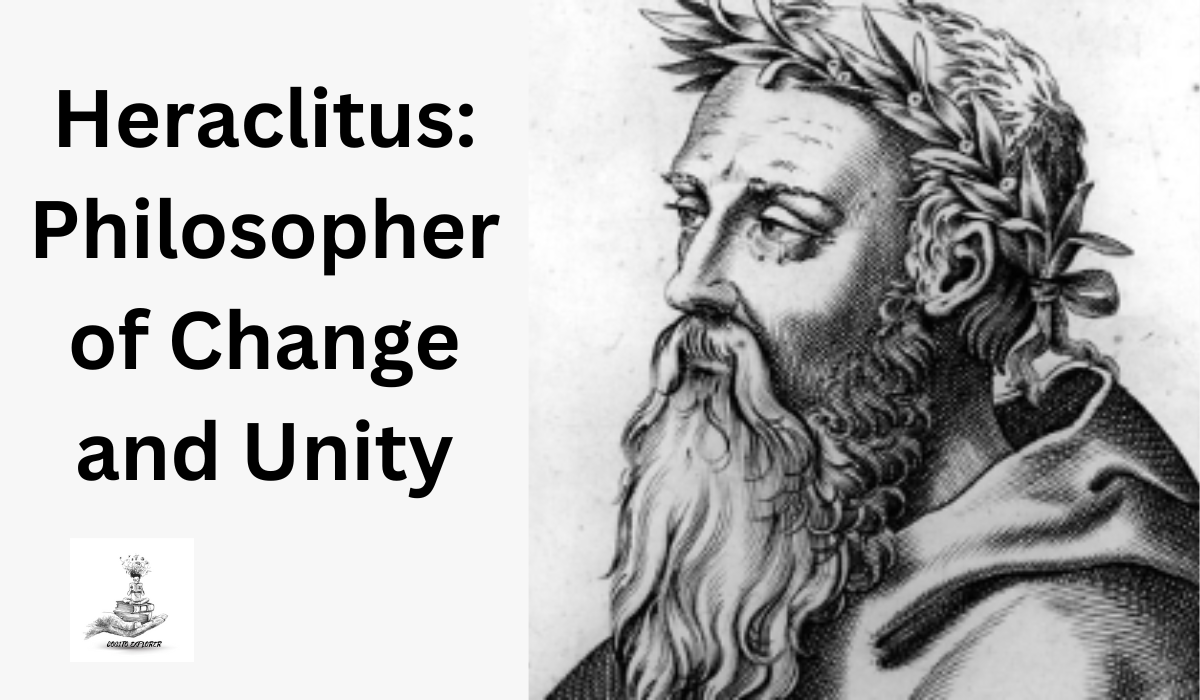
Philosophical Contributions
Heraclitus is best known for his Doctrine of Change, which is summarized in his famous statement “Panta rhei” (everything flows). This fundamental principle is central to his philosophy, highlighting the universe’s constant state of change. He believed that change was not only continual but also the very nature of reality.
His worldview was based on the concept of the “unity of opposites.” According to Heraclitus, opposing elements are interconnected and required for the cosmos’ equilibrium. For example, he famously said, “War is the father of all things,” emphasizing that conflict and war were inherent in the natural order. This viewpoint questioned the dominant belief in the permanence of things and paved the way for later dialectical reasoning in philosophy.
Heraclitus also introduced the notion of “Logos,” a term that carries multifaceted meanings. Often translated as “word” or “reason,” the Logos, for Heraclitus, represented the divine ordering principle of the cosmos. He saw it as an immanent force that governs the unity of opposites and maintains balance amid constant change.
Fragmentary Nature of Heraclitus’s Work:
Heraclitus’ philosophy is only known from fragments and citations from later philosophers like Diogenes Laërtius, Plato, and Aristotle, as he did not leave any complete works. The broken character of Heraclitus’ legacy has resulted in several theories and debates. Researchers trying to reassemble his entire philosophical system.
Some of the significant fragments acknowledged to Heraclitus indicate his beliefs on the nature of fire, which he saw as the ultimate substance and emblem of metamorphosis. He famously announced, “This planet, which is the same for everyone, was created by no god or man. But it has always been and will continue to be: a never-ending fire, with some igniting and others dying out.”
Ethics and Politics:
While Heraclitus is best renowned for his metaphysical and cosmological concepts. He also explored ethical and political issues. He asked conventional morality and practices, emphasizing the value of logic and the pursuit of wisdom.
In terms of politics, Heraclitus held a dubious view of democracy, seeing it as a system that frequently resulted in confusion and instability. He pushed for a government led by intelligent rulers. Echoing the notion that individuals with superior intelligence, shaped by the Logos, should control society.
Influence on Later Philosophers:
Heraclitus’ theories had a significant impact on future philosophical thought, inspiring philosophers from various schools of thinking. The Stoics, in particular, found inspiration in his focus on the Logos as the driving principle of the universe. The idea of perpetual change and the unity of opposites appealed to later philosophers such as Hegel, who incorporated Heraclitean dialectics into his theory.
Furthermore, existentialist thinkers of the 19th and 20th centuries. Such as Friedrich Nietzsche and Martin Heidegger, found common ground in Heraclitus’ focus on the ephemeral character of reality and the individual’s desire for self-discovery. Heraclitus’ influence extended beyond philosophy to literature, art, and even psychology. Where the concept of eternal change was expressed in many different forms.
Legacy and Continued Relevance:
Despite the challenges posed by the fragmentary nature of his work. Heraclitus’s legacy endures as a testament to the enduring human quest for understanding the nature of existence. His ideas on change, unity, and the Logos continue to spark interest and debate among philosophers, and scholars. Those seeking a deeper understanding of the world.
Heraclitus’ Famous Quotes:
Doctrine of Unity in Multiplicity
Heraclitus believed in the unity of all things, asserting that despite the apparent diversity and constant change in the world, there exists an underlying unity. This concept challenges the notion of a fragmented and disconnected reality, emphasizing the interconnectedness of all phenomena.
“Opposition brings concord. Out of discord comes the fairest harmony.“
Metaphor of the River:
One of Heraclitus’s famous metaphors likens the world to a river, reinforcing his idea of constant change. He suggested that just as one cannot step into the same river twice. The world is in a perpetual state of flux, with no moment ever repeating itself.
“No man ever steps in the same river twice, for it’s not the same river, and he’s not the same man.“
Critique of Empiricism:
Heraclitus criticized the reliance on sensory perception as a means of understanding the world. He argued that the senses could be deceptive, and a true understanding required a deeper, intellectual grasp of the underlying principles governing reality.
“Eyes and ears are bad witnesses for men if they have souls that do not understand their language.“
Philosophy as a Way of Life:
He advocated for philosophy as a way of life, urging people to cultivate wisdom and reason to navigate the complexities of existence.
“Character is destiny.“
Influence on Eastern Thought:
Beyond the Western philosophical tradition, Heraclitus’s ideas found resonance in Eastern thought, particularly in the concept of impermanence in Buddhism. The parallel between Heraclitus’s emphasis on change and the Buddhist notion of “anicca” highlights the universality of certain philosophical themes.
“The only constant in life is change.“
Epistemological Reflections:
Heraclitus touched upon epistemological questions, contemplating the nature of knowledge and how it is acquired. He questioned the certainty of knowledge based solely on sensory experience and suggested that a deeper, intellectual understanding was essential for true wisdom.
“Much learning does not teach understanding.”
Conclusion
Heraclitus of Ephesus stands as a pivotal figure in the history of philosophy, challenging conventional wisdom and paving the way for new ways of thinking about the fundamental nature of reality. His emphasis on the unity of opposites and fire as the fundamental substance has left an indelible mark on the intellectual landscape. His famous statement, “Everything flows” emphasizes the constant flux of the universe along with the doctrine of change and the concept of Logos. Ensures that his legacy persists as a source of inspiration and contemplation for generations to come.




